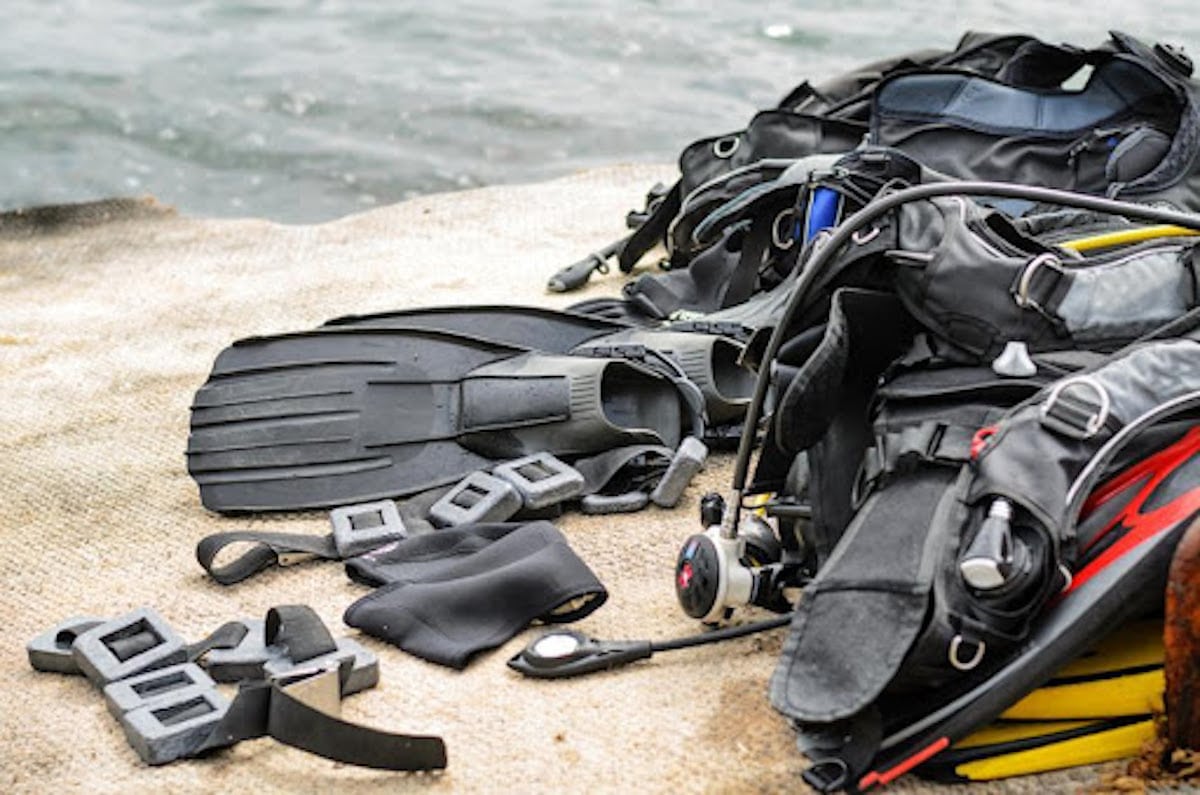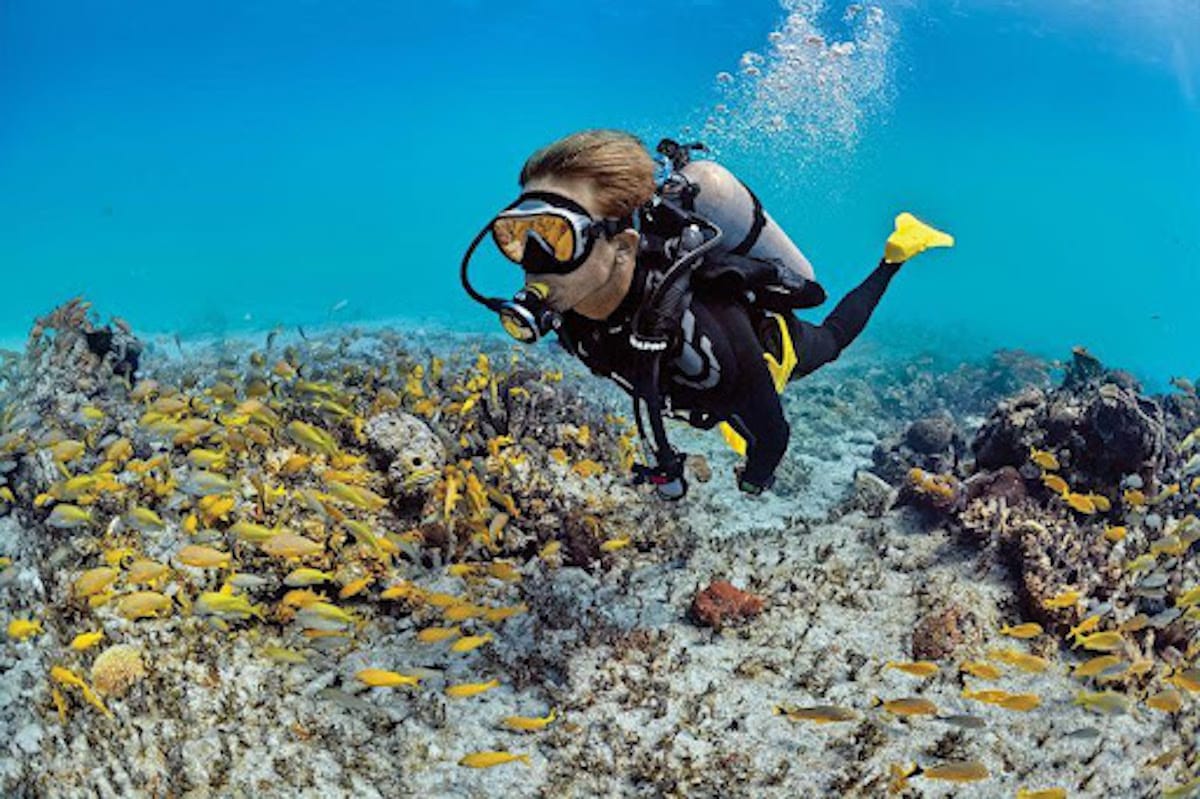Table of Contents
Scuba diving has been growing in popularity, adding around one million new certified divers annually. Diving isn’t just a sport, it’s a perfect way to connect to an underwater world and experience its peerless beauty, get really closer to nature, and learn to appreciate it. Though fascinating, this sport is also demanding and requires proper preparation and compliance with the safety rules.
Top tips to know BEFORE the dive
Get Certified
Unless you are certified, you will not be allowed to dive anywhere you want. Make sure you have a full course of diving, not just the introductory brief guidance. Besides, if you don’t have a valid certificate, the insurance company will cover nothing in case of an emergency.
Get a medical statement
Diving requires good health, thus, arrange a visit to a doctor for a thorough medical check-up, and avoid diving with even minor malaise.
Double-check your gear
The right gear is key to a safe and comfortable dive. Make sure everything works properly, or ask for professional help and advice. Sharkskin Australia is always at your disposal regarding high-quality diving gear as nobody knows diving better than Australians.

Specialized travel insurance
The insurance should cover both below- and above-water performance, as apart from diving into the water you also need to reach quite remote places. Make sure the insurance policy includes the correct wording – “scuba diving activities are included”, and double-check with the insurance agent all the details.
Top tips to know DURING the dive
Breathe normally
Diving is a miraculous sport, combining two rather impossible things – breathing underwater and becoming a guest in an underwater world for some time. Thus, it is absolutely vital to follow the rules of safety, and … breathe. If you start holding your breath, you may get an air embolism, which can be fatal.
Equalize your ears
Remember the feeling you get when the plane takes off and your ears start aching? It will get much worse when you descend underwater. Equalize your ears to prevent your inner ear from injuries.
Stay together
Keep close to your guide and dive partner and never let them out of the view. The underwater universe drags your attention to every reef, to every fish, and it’s easy to get disoriented. If you notice that there is nobody around, start the ascent, as others will do the same and wait for you on the surface.
Control the Air Gauge
Surely, you will have a guide asking about the air left in the tank, however, you need to be vigilant as well and plan the return to the surface.
Don’t go deeper than 40m
40 meters is the bottom line for recreational scuba diving, as well as the insurance company. Check up with your hand computer and never go deeper.
No rushing
Reefs are astonishing, and it is better to take your time and enjoy the view. When going at a slow pace, you will notice every single detail of the reef and really capture the moment. If you are out of breath, signal to your guide and have a moment to recover.
No touching
Reefs are undoubtedly beautiful, however, observation is the best way to get acquainted with this world. Some plants can be poisonous and the reefs are quite sharp, thus, avoid the temptation of tactile experiences, and enjoy the view.
Top tips to know AFTER the dive
- Take care of your gear, and never let it lie neglected, it is your protection and safety for all the forthcoming dives.
- Make sure you feel okay. If you feel inexplicably strange, let your guide know about it.
- Make a quick insight into the performance, it may help you improve the next immersion.
- Don’t schedule planes for the next 24 hours, as your body is still experiencing the excess of nitrogen, and it needs time to dissipate. As long as plane cabins are in a pressurized environment, it can cause decompression sickness. Just take some time off at the beach, or other relaxing places.
Diving is a new kind of adventure, and a world to explore. The mesmerizing beauty of the corals and plants will catch your heart and make you come back again and again. However, there is another side to diving, which makes this kind of fun and sport rather dangerous. Therefore, it is vital to be always vigilant about the rules and follow them obediently despite the level of proficiency.


